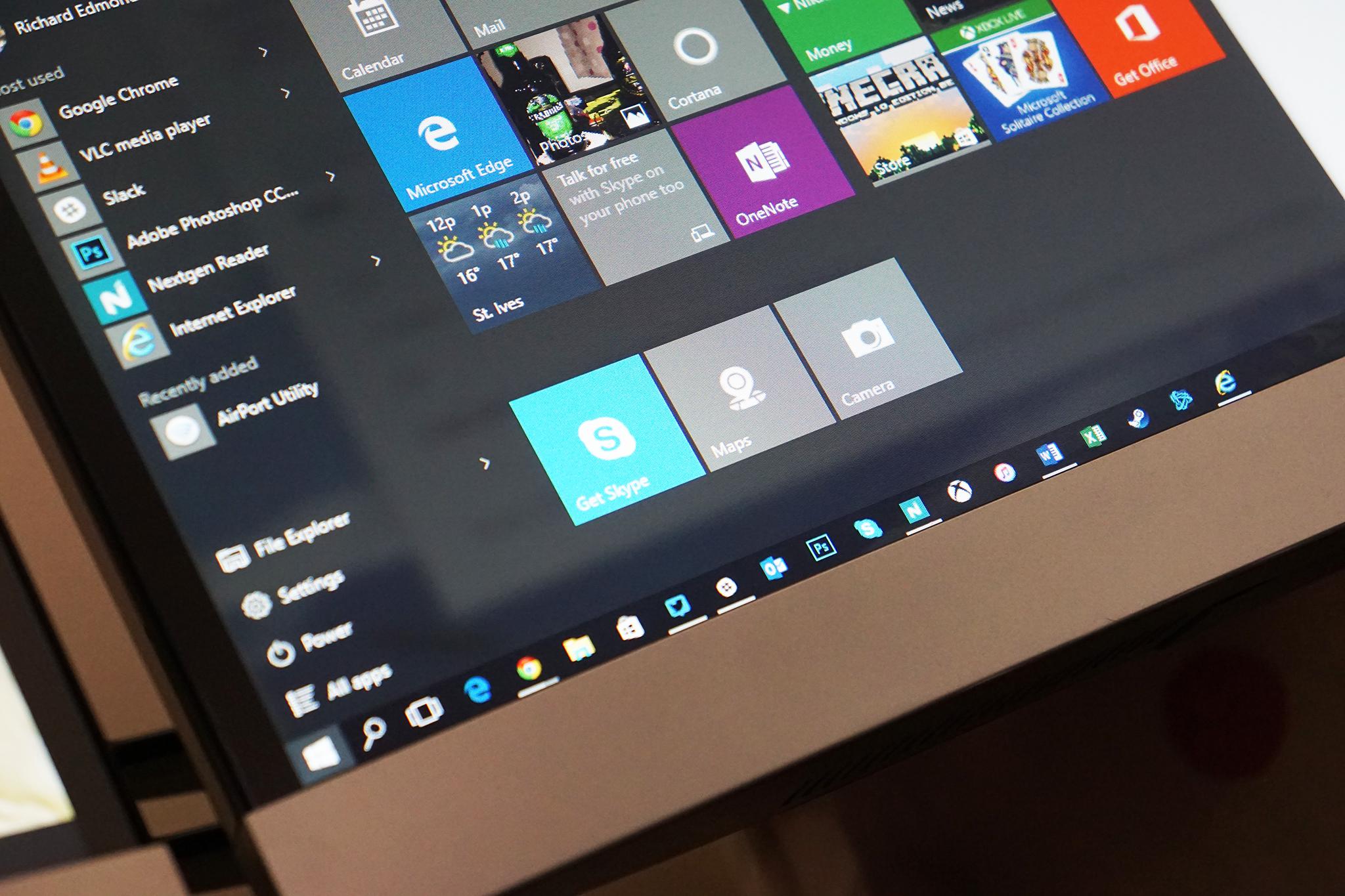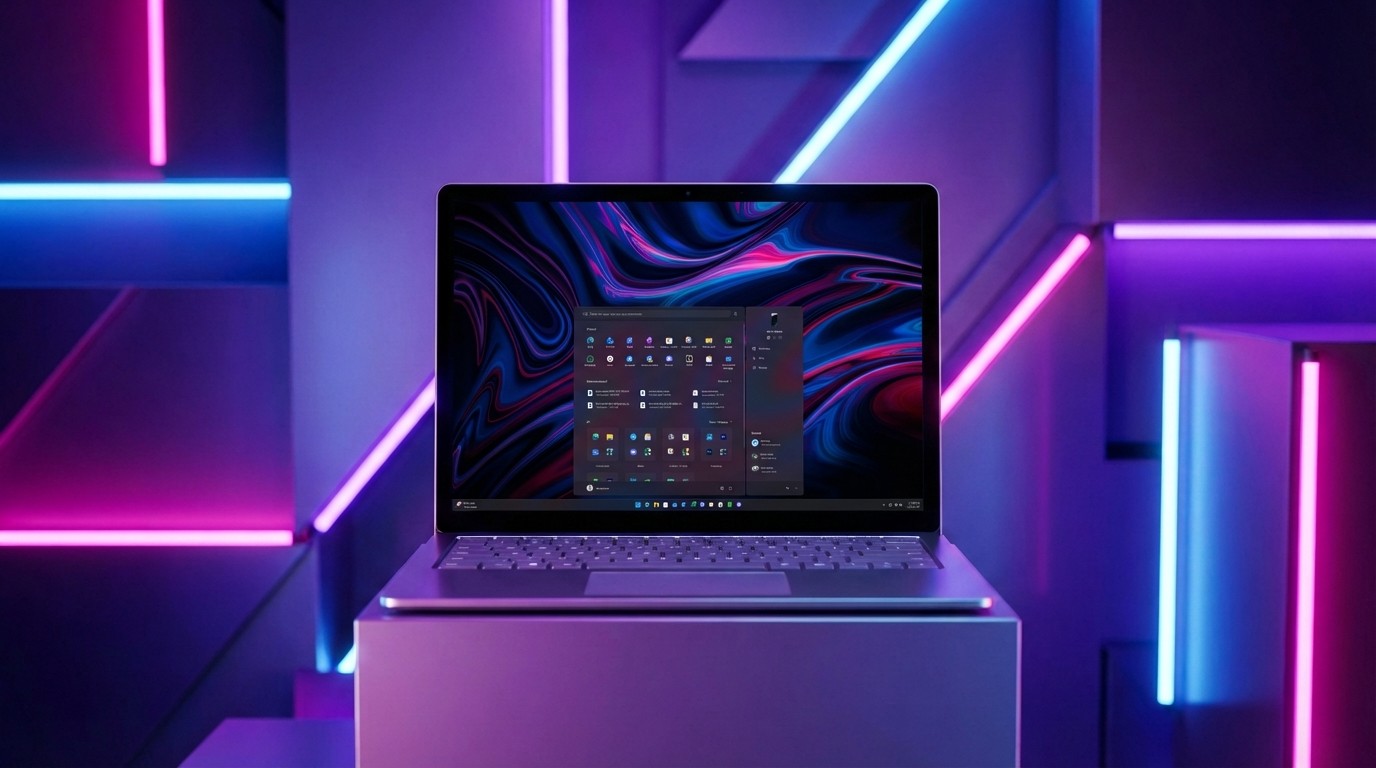Microsoft says Windows 10 does not infringe on your privacy

All the latest news, reviews, and guides for Windows and Xbox diehards.
You are now subscribed
Your newsletter sign-up was successful
Windows 10 has been criticized by some users over its privacy features since the OS launched on July 29. Now Terry Myerson, the head of Microsoft's Windows and Devices division, has written a blog post explaining the company's privacy policies for Windows 10, along with announcing that the company does plan to make some changes in the operating system's privacy settings based on feedback from users.
On those upcoming changes, Myerson wrote:
"As an example of direct response to feedback we've received, all Windows 10 customers will receive an upcoming update to family features, with default settings designed to be more appropriate for teenagers, compared to younger children. Additionally, we're working on ways to further enhance the notifications that kids and parents get about activity reporting in Windows. We'll also release updates for enterprise customers based on their feedback later this fall. This collaboration with Insiders is invaluable to our team, and we continue to welcome anyone who wants to work with us on the future of Windows 10 here."
Myerson stated that Microsoft has two basic themes it follows with regards to privacy on Windows 10:
- Windows 10 collects information so the product will work better for you.
- You are in control with the ability to determine what information is collected.
He added that the information that is collected includes things like "anonymous device ID, device type, and application crash data" but does not collect information about a Windows 10 user's content or files. He also wrote that it has "several steps to avoid collecting any information" that has personal data like names, email address and account IDs. He stated:
"A great example of how this data was used effectively was just last month, when aggregate data showed us that a particular version of a graphics driver was crashing on some Windows 10 PCs, which then caused a reboot. This driver was not widely used, but still the issue was impacting customers. We immediately contacted the partner who builds the driver and worked with them to turn around a fix to Windows Insiders within 24 hours. We used the data on Insiders' devices to confirm that the problem was resolved, and then rolled out the fix to the broad public via an update the next day – all-in-all, this data helped us find, fix and resolve a significant problem within 48 hours."
Users can, if they wish, offer more personalized information to Microsoft via Windows 10 that allows them to see things like local game scores, recommend apps and more. Myerson said:
"You are in control of the information we collect for these purposes and can update your settings at any time. Note that with new features like Cortana which require more personal information to deliver the full experience, you are asked if you want to turn them on and are given additional privacy customization options."
Finally, Myerson stated that Windows 10 won't scan the content of any emails or messages to offer targeted advertising. Additionally, the company is offering new guides to users explaining their policies in a more clear and consistent manner. You can find those sources below:
What do you think of Microsfot's blog post? Are they doing enough to satisfy user concerns over data collection? What more could they do? Let us know.
All the latest news, reviews, and guides for Windows and Xbox diehards.
Source: Microsoft

John Callaham was a former contributor for Windows Central, covering Windows Phone, Surface, gaming, and more.
